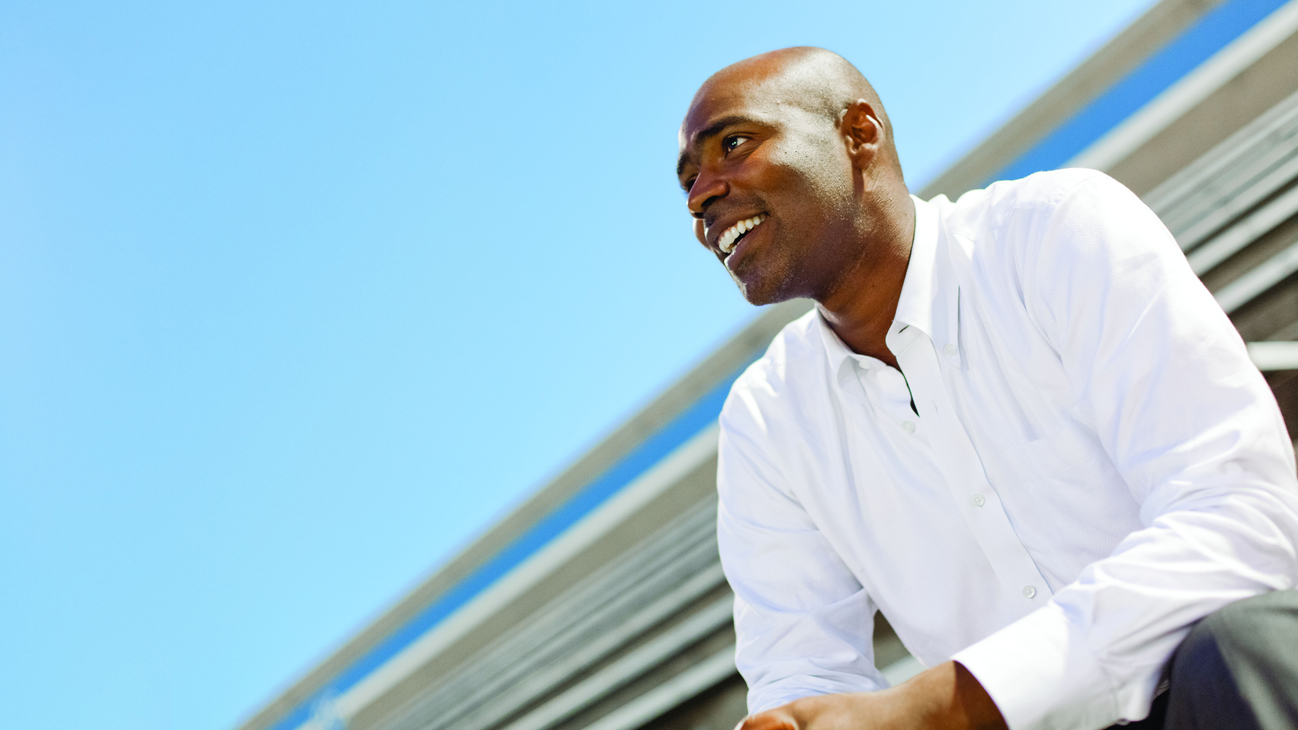Dr. Ivan Joseph leads individuals, teams, and organizations to success. His award-winning work as a coach and educator informs his work developing personal and organizational leadership. Dynamic and inspiring, Joseph speaks about self-confidence, embracing the “grit” to persevere in spite of setbacks, and leading teams to success, drawing from the lessons he’s learned from a life in sport.
He is a quintessential role model, but in a recent story for The Globe and Mail, Joseph opens up about a deeply moving moment he experienced watching Black Panther: his complete lack of role models growing up. He discusses the importance of guiding figures to black youth—a group woefully under-served by predominantly white male cinematic archetypes. Here are some highlights from his piece:
I was the kid from Jane and Finch in Toronto who moved north to the town of Maple long before it was Vaughan and colour didn’t go north of Steeles Avenue. We were a black family working on a farm in a white world. My sister and I were two of the three black kids at Joseph A. Gibson Public School: raisins in a sugar bowl.
I never had someone to look at like that boy looked at Black Panther. Not in the movies, not in mainstream comic books, not in the hundreds of novels I read.
As I sifted through my reaction, I realized it wasn’t just about being a kid with no one to look up to. The movie released something that had been building up inside me for a long time.
I had been one of the only black athletes at King City High. I had attended Graceland University in Iowa, an almost exclusively white school, and had been the first black student president. I had also been the first black professor at Graceland. And I was the first black athletic director at a Canadian university.
It had all happened without black role models in my life. Sitting there watching that scene, all those years of struggle poured out.
The power of role models is never lost on me. I wrote a graduate thesis about how minorities succeed on all-white campuses. Their success is in part determined by their ability to connect with a mentor who is most like them, who looks like them and who values what they value. This concept, called “the looking-glass self,” was developed by psychologist Charles H. Cooley in 1902: Your sense of self is generated by your perception of what others think of you.
As a soccer coach and athletic director at Ryerson University in Toronto, I am today in the role-model business. At Ryerson, I spearheaded the Ryerson Rams Care program to give kids from underserved areas a vision of their future by connecting them with Ryerson student athletes. As a speaker and author, I have also seen the power of role models firsthand. Whenever I give a speech about the skill of self-confidence or high-achieving teams, the audience members who come up to me afterward with tears in their eyes are invariably black.
My heritage is never lost on me, but it’s not something I wear on my sleeve. I value those who are politically active; they are integral to social progress. I’m just not a radical person in that way. I have always contributed by doing my part and breaking down barriers along the way.
Read the full story here.

